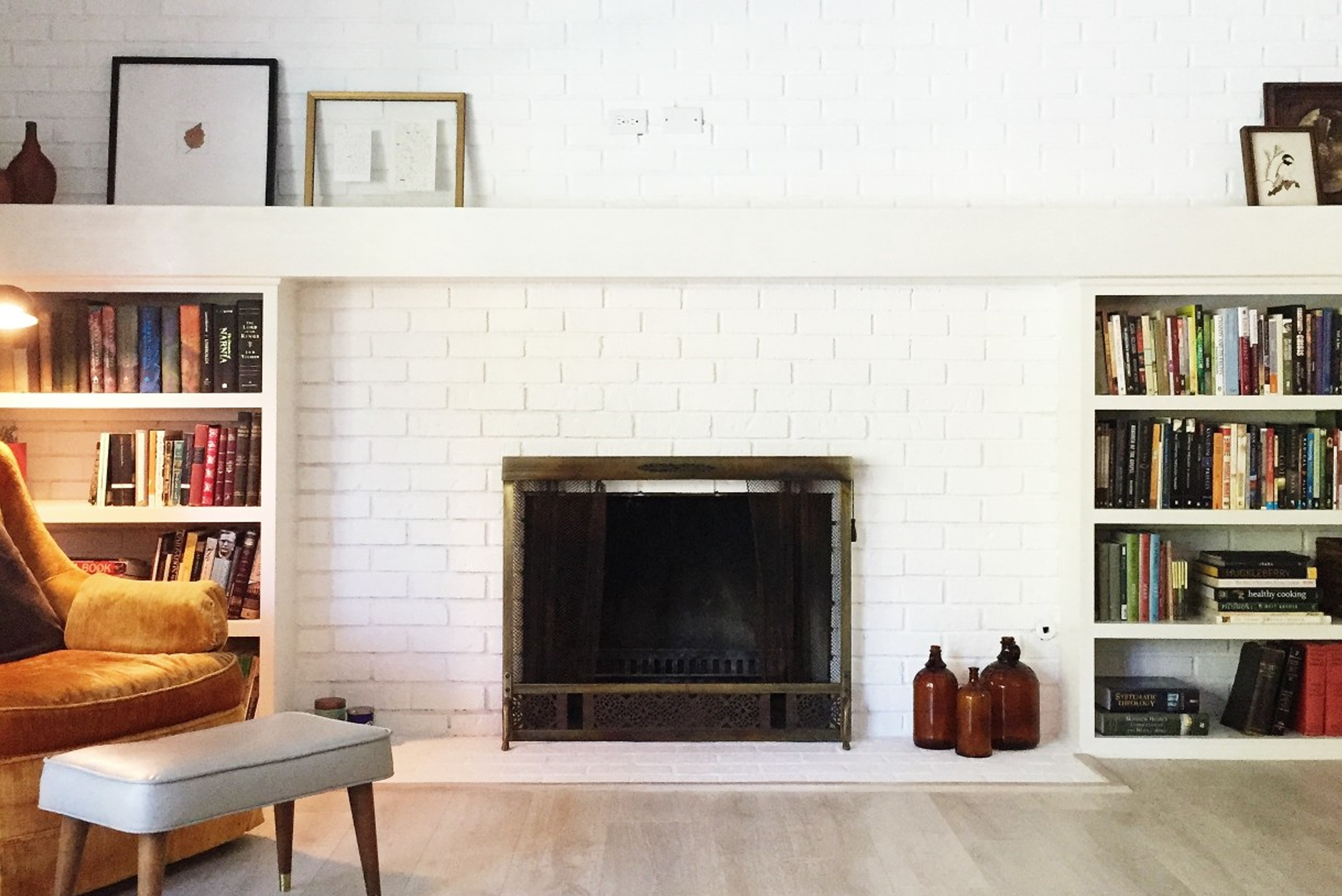Spring is a great time to put a home on the market. Buyers are out in full force, and the average sale price tends to be higher—while the time it takes to sell is often shorter. Fortunately, there are steps you can take to make the most of these springtime conditions. It starts with preparations that make your property stand out in the crowd.
Here are five tips for making your home shine in the spring real estate market…
1) Bust the clutter
From rarely-used furniture to old clothing and magazines, clutter has a way of building up. Unfortunately, these items can make your home feel smaller—and prevent buyers from seeing its many possibilities. The good news is, by thoroughly decluttering, you can create the right canvas for staging.
First, start looking into local donation centres. Then, go through your belongings room by room, deciding what you’ll keep, donate, and toss out. You can rent a storage locker if need be, or use this as an opportunity to rid yourself of possessions you don’t use! (Here are some tips on decluttering to sell)
The market has changed! Here are some updates you might want to know about:
- How Will Rising Interest Rates Affect Buyers?
- Is Now A Good Time To Sell Your Investment Property?
- Everything You Need To Know About Buying A House In Milton
2) Clean every inch
Once your home is clutter-free, it’s time to make it sparkle—top to bottom. The truth is, buyers often look at every inch of a property before they seriously consider buying it. From the inside of your cabinets to the grout between your bathroom tiles, there’s a good chance it will all be scrutinized.
While you may choose to break out the broom, vacuum, and bleach, it’s best to also enlist help from the pros. The right full-service real estate team can connect you with reliable, professional cleaners.
3) Think about the outside
Your home’s exterior is the first thing a buyer will see before they step inside for a viewing. It can make a strong impression, so it makes sense to ensure it’s a positive one. That’s where curb appeal comes in.
From making sure your lawn is green and trimmed to touching up any chipped or faded trim, maximizing the appeal of the outside of your property is crucial. Remember that the little details also count, from fresh flowers to sleek porch light fixtures.
4) Freshen things up with paint
Once they step inside, one of the first things a buyer will likely notice is your walls. They form the backdrop of a room, and they look best when they’re freshly painted. This is especially true in spring, when the sunlight reflects off of interior surfaces.
Make sure you choose a high-quality formula—and the right colour. Warm neutrals tend to work best since they appeal to the largest pool of potential buyers. Studies show that the ideal hue can lead to a higher sale price, so be sure to consult with your agent and any staging or professionals they recommend.
5) Add some decorative touches
Spring is a time of renewal. To make the most of any positive feelings it evokes, why not bring the season inside? The best way to do that is with furniture and decor that makes your home feel big, bright, and airy.
Tasteful spring colours, light fabrics, and vibrant plants are the name of the game. A talented stager can determine which aesthetic decisions will have the best overall impact.
Spring market may be the ideal time to list, but that doesn’t mean you should forgo preparations. After all, making your home shine is one of the keys to securing fantastic results. Are you ready to take the first step?
Interested in learning how we can help you sell your home?
Reach out today to set up a consultation.













